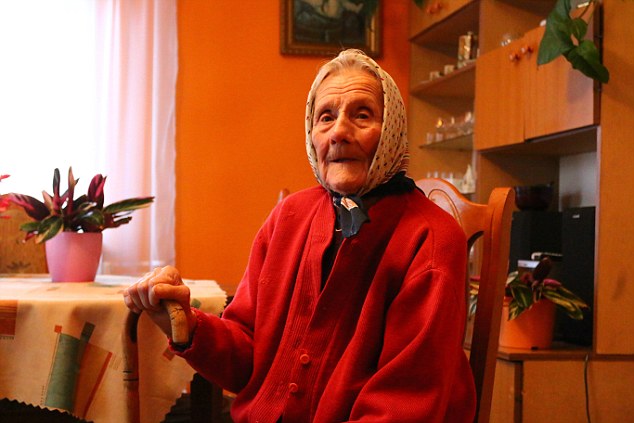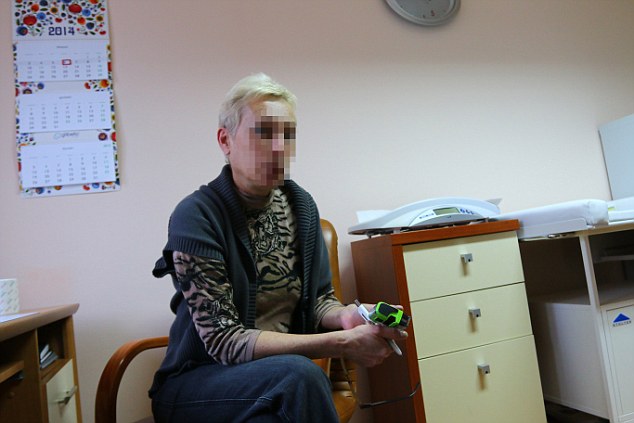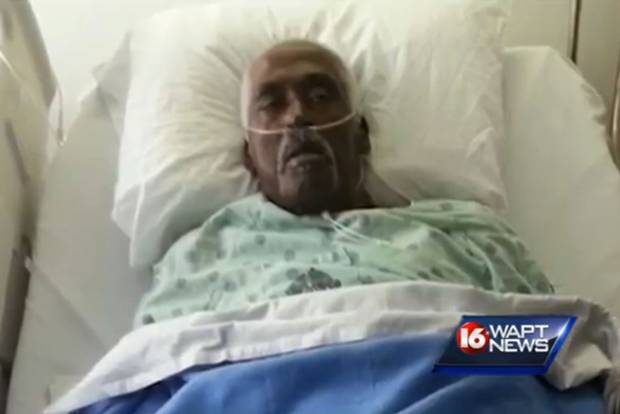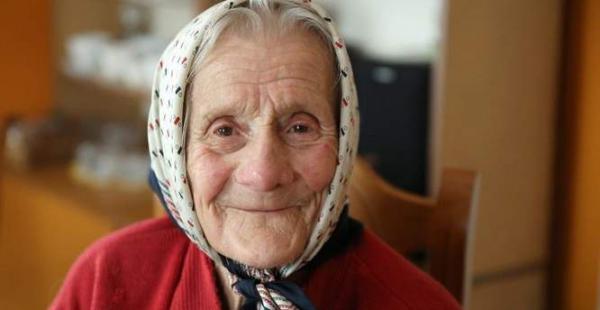How A Woman Declared Dead Woke Up In Morgue And Why It Isn't As Unusual As It Seems
The experience, although rare, happens to more hospital patients than you might imagine.
Recently, 91-year-old Janina Kolkiewicz, who spent 11 hours in cold storage in a morgue after being declared dead, came back to life. She has since returned to her family in the eastern Polish town of Ostrow Lubelski, complaining of feeling cold.
Back home, Ms Kolkiewicz warmed up with a bowl of soup and two pancakes.
She was declared dead during a house call on 6 November after an examination by the family doctor. However, morgue staff were in deep shock to notice movement in her body bag while it was in storage. The police have since launched an investigation.
The woman's niece, in the eastern Polish town of Ostrow Lubelski, summoned the doctor after coming home one morning to find that her aunt did not seem to be breathing or to have a pulse. After examining the woman, the family doctor declared her dead and wrote out her death certificate. The body was taken to the mortuary and preparations were made for a funeral in two days' time.
"I was sure she was dead," Dr Wieslawa Czyz told the television channel TVP. "I'm stunned, I don't understand what happened. Her heart had stopped beating, she was no longer breathing," Dr Czyz said.
However, the mortuary staff called some hours later to report that the woman was not yet dead, her niece told Dziennik Wschodni. The death certificate has been declared invalid, the newspaper says.
After returning home, she told her relatives she felt "normal, fine." According to her niece, Bogumila Kolkiewicz, she, however, is unaware of how near she came to the grave. "My aunt has no inkling of what happened since she has late-stage dementia."
But that's not it. There are other similar cases. For example, in January 2014, a 24-year-old Kenyan man, Paul Mutora, who was pronounced dead after swallowing insecticide woke up 15 hours later in a morgue, causing staff to "take to their heels, screaming."
And in March, Walter Williams, a 78-year-old man, was found alive and literally kicking in a body bag at a funeral home in Mississippi
The discovery came as staff were preparing to embalm his body, so he was just spared the gruesome fate of having an artery sliced open and his blood replaced with formaldehyde to preserve his tissues.
Williams had been declared dead as he had “no pulse”, but it was just a few hours later that he began kicking in the embalming room, causing staff to immediately call an ambulance.
So how does it happen? In an article on The Guardian, Carla Valentine, an anatomical pathology technologist, explains:
In Mutora’s case it was thought that the atropine he was given by medical staff to counteract the insecticide may have made him appear dead (it slows heart rate).
With Williams, meanwhile, much has been made of the fact that the coroner who pronounced him dead, Dexter Howard, was an elected official who didn’t have a medical degree, as is the case in many US states. UK coroners may also have a medical or law degree, but the difference is they don’t have the power to pronounce people dead. That is left to medically trained staff – and for good reason.
Explaining how even within the medical community there is debate over what really constitutes death, and it is seen less as a single event and more as a process, Carla, writes:
It involves several different mechanisms ceasing, not just one, which is why there can be ethical arguments around brain stem death – when the person is in fact deceased but their tissues can be artificially kept alive.
When the heart, for whatever reason, stops beating, the tissues it services are deprived of both oxygen and glucose, and are subject to a build-up of toxic waste products. This gradually kills the cells. When enough of them die there is major organ failure and the body as a whole is said to be dead. The delicate cells of the brain are particularly susceptible to a lack of oxygen (anoxia) and they will usually begin to die in around four to six minutes.
However, a reduction in temperature can extend this period considerably: the cold decreases the cells’ need for oxygen and glucose and they go into a type of hibernation state. Many examples of this preservation and recovery exist, from people drowning in icy water to becoming suffocated beneath an avalanche, or simply becoming unconscious and hypothermic until they are found and revived.
Did you know the cells of the skin, for example, can remain alive for 24 hours after the heart has stopped beating. Although, the idea that nails and hair continue to grow after death is myth.
So how was the 91-year-old Polish woman was able to wake up after 11 hours in this hibernation state with no severe physical damage and nothing but a craving for hot tea and pancakes?
The fact is, she is not a modern-day Lazarus who “came back from the dead”, as some headlines are screaming: she quite simply wasn’t dead in the first place. She probably did have a very weak pulse, and was unconscious owing to a medical issue.
Some people have a condition called catalepsy, for example, a nervous disorder that replicates the stiff muscles of rigor mortis, slows breathing and decreases sensitivity to pain
This means gruesome archaic tests for death, such as shoving needles beneath fingernails and slicing nostrils, may not work on the cataleptic patient.
This condition was written about extensively by Edgar Allen Poe, who was terrified of being buried prematurely – a very real fear during the 19th century.
So people can be mistaken for dead, but it is very rare indeed – and for the most part our sophisticated medical tests and equipment ensure it doesn’t happen. And, as illustrated by the above cases, those unlucky people tend to wake up in mortuaries anyway, and certainly don’t reach the stage where they would be buried alive. But then again, we wouldn’t know about those unfortunate people, would we?




